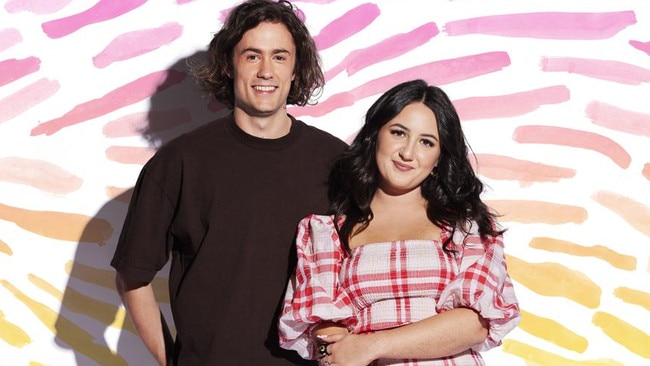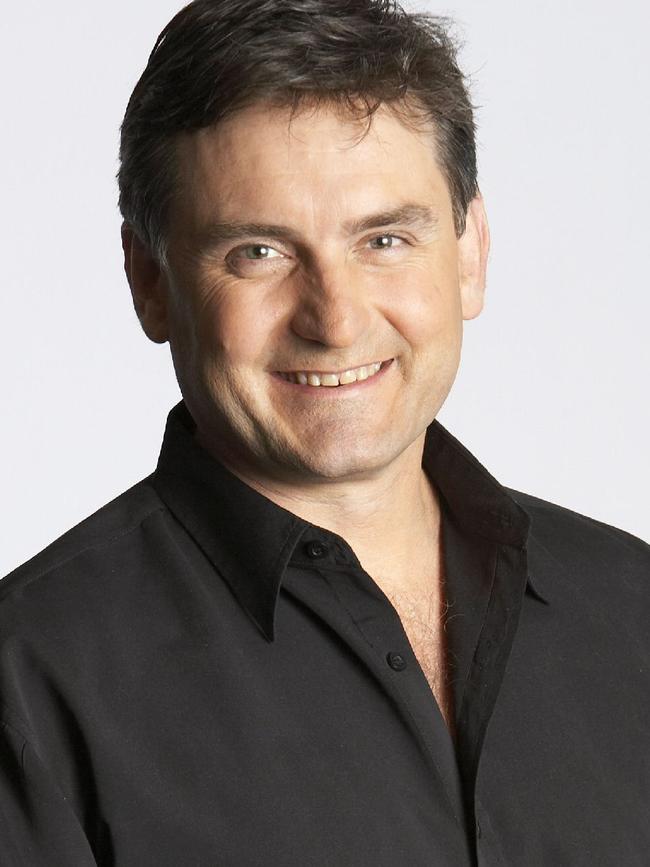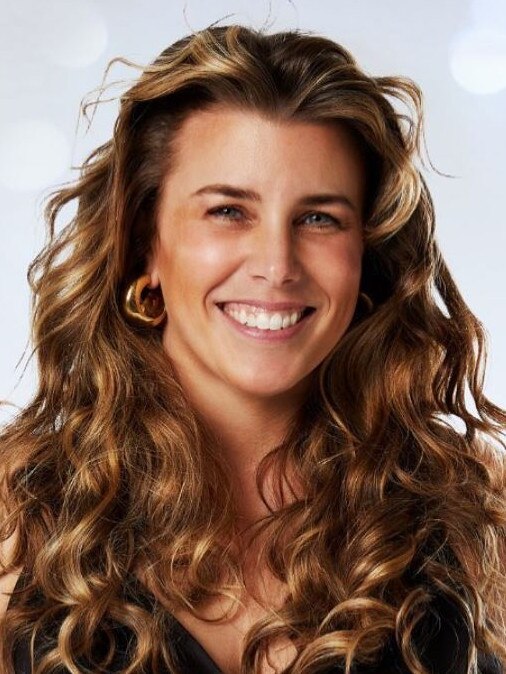Annette Sharp: It’s time to put Triple J out of its misery and off the air
Taxpayer-funded FM youth radio station Triple J is performing so dismally in the radio ratings it’s hard to see any fiscal logic in continuing to broadcast on the FM band, writes Annette Sharp.
Opinion
Don't miss out on the headlines from Opinion. Followed categories will be added to My News.
The Labor government would do well to crunch the numbers on its government-funded FM youth radio station Triple J — a station performing so dismally in the radio ratings it’s hard to see any fiscal logic in continuing to broadcast on the FM band.
According to radio insiders, the sale of the FM station — or the licence alone for the national radio frequency — could net the government somewhere between $300m and $500m.
That’s a lot of money that might instead be redirected to education, where it might more directly benefit the demographic Triple J is mandated to reach, not to mention to health and the green energy sector, about which the 18s to 24s are rightfully so passionate.
It’s not as though the ABC doesn’t already have ample radio frequencies crying out for renewal, chief among which must be its underperforming Sydney station 702.
Selling Triple J’s FM licence — and transferring the platform to internet radio — would also save the government a small fortune each year in staff salaries, infrastructure, music rights, maintenance and marketing.

The reality is, as the radio ratings confirm, Triple J’s targeted 18 to 24-years market is deteriorating faster than the cobalt-iron compound in an ageing cassette tape collection.
That technologically curious age group — the market Triple J was designed to serve with a rich diet of new original Australian music — has already made the jump to the internet, to YouTube, TikTok and Instagram, to streaming services like Spotify, to Discord servers and curated playlists on smartphones.


Today’s rusted-on Triple J fan has aged. They are now older, more affluent, and generally not as technologically nubile as the targeted 18-24 listener.
The oldest of these, Baby Boomers who were in their teens when the station was launched as Double J in 1975 — when The Carpenters and The Sweet were still charting — remain locked on the station, apologising for it: for its mediocre announcers who are too timid to stir public debate for fear of being smashed on social media, and for music directors who believe that indie-pop and rap are as relevant today as they were 30 years ago.
That’s not to say “The Jays” isn’t still beloved in regional areas by younger listeners.
It is, just not in sufficient numbers to justify holding on to its 105.7MHz frequency on the FM band — at least not without a radical programming and content shake-up along with an injection of some edgy young DJ talent.
“The Jays” shed another 20 per cent of its much-eroded market in the latest radio survey, released on Thursday last week.
Its audience has been in decline for years. The station now has a 4 per cent share of the market.
In the same survey, Triple J Breakfast hosts Bryce Mills and Concetta Caristo tied with ABC Classic’s Breakfast host Megan Burslem — who celebrated World Piano Day on her show this month and spruiks “early baroque chill” — with a 2.7 share.
Congrats to Megan, the only Classic host not to lose audience in the survey.
That result suggests Mozart is as popular with Australian radio listeners tuned in over breakfast today as contemporary bands Nothing But Thieves or Lovejoy.
Triple J shed listeners in all timeslots across the day and its cumulative audience was also down.
The one bright spot in the latest survey was results recorded on DAB+, where the cumulative audience was up in the targeted 18-24 and 25-39 demographics, something that further makes the case for the transition to those digital platforms.
ABC 702, which caters for an older audience, is also suffering from a worrying and continual ratings downturn.
The station evidently hasn’t recovered since the loss of Wendy Harmer and Robbie Buck at Breakfast in 2021.
Replacement host James Valentine suffered the biggest loss in the timeslot with a 1.3 tumble, a fall that is felt across the day.
Feeling that loss most acutely was veteran Drive host Richard Glover, one of 702’s proven performers who enjoyed stronger results when Valentine was doing Afternoons.
A move back to Afternoons for Valentine has to be on the cards, although the evidence suggests those running the show no longer care these once significant stations no longer pack a punch.
Got a news tip? Email annette.sharp@news.com.au





